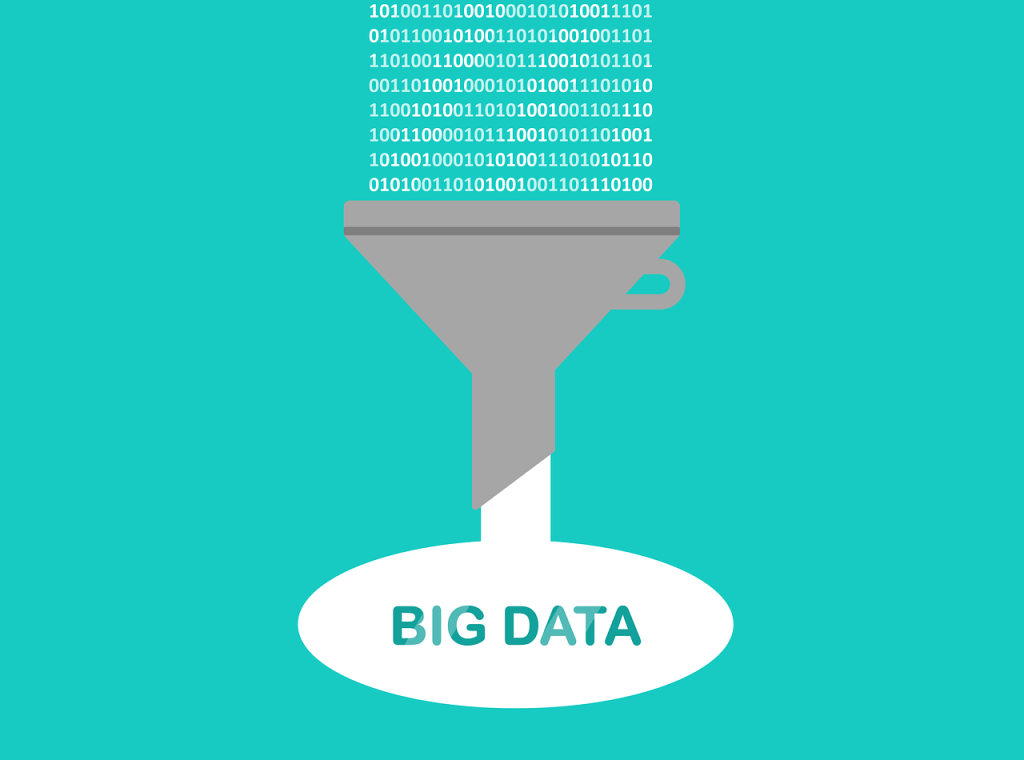Table of Contents
In today’s rapidly evolving digital landscape, data has become one of the most valuable assets for businesses. The explosion of big data—large, complex datasets generated at high velocity from various sources—has fundamentally transformed the way organizations make decisions. From enhancing operational efficiency to driving innovation, big data is revolutionizing business decision-making in ways that were unimaginable just a few years ago. This article delves into the impact of big data on business decision-making, exploring its benefits, challenges, and the future it promises.

Understanding Big Data
Big data refers to the vast volume of structured and unstructured data that is generated from a variety of sources, including social media, IoT devices, customer transactions, and more. This data is characterized by the three Vs: volume (the sheer amount of data), velocity (the speed at which data is generated), and variety (the different types of data, such as text, images, and videos). As businesses accumulate more data than ever before, the ability to analyze and extract meaningful insights from this data has become crucial for informed decision-making.
The Role of Big Data in Business Decision-Making
- Data-Driven Decisions
Traditionally, business decisions were often based on intuition, experience, or limited data. However, the advent of big data has enabled a shift toward data-driven decision-making. By analyzing vast amounts of data, businesses can uncover patterns, trends, and correlations that were previously hidden. This allows for more accurate predictions and informed decisions. For example, retailers can analyze customer purchasing data to identify trends and optimize inventory management, while financial institutions can assess risk more accurately by analyzing vast amounts of financial and non-financial data.
Data-driven decision-making not only improves accuracy but also enhances agility. Businesses can respond more quickly to market changes, customer preferences, and emerging opportunities. In today’s competitive landscape, the ability to make fast, informed decisions can be a significant differentiator.
- Personalized Customer Experiences
Big data is revolutionizing the way businesses understand and engage with their customers. By analyzing customer data from various touchpoints, businesses can gain deep insights into customer behavior, preferences, and needs. This enables them to create highly personalized experiences that resonate with individual customers.
For instance, e-commerce platforms use big data to recommend products based on a customer’s browsing and purchasing history. Similarly, streaming services like Netflix analyze viewing habits to suggest content that aligns with a user’s preferences. This level of personalization not only enhances customer satisfaction but also drives customer loyalty and increases lifetime value.
- Operational Efficiency
Big data is also transforming business operations by identifying inefficiencies and optimizing processes. Through the analysis of operational data, businesses can uncover bottlenecks, reduce waste, and streamline workflows. For example, manufacturers can use big data to monitor equipment performance in real time, predicting maintenance needs before a breakdown occurs, thereby reducing downtime and maintenance costs.
In the supply chain, big data analytics can optimize inventory levels, reduce lead times, and improve demand forecasting. By making operations more efficient, businesses can reduce costs, improve productivity, and ultimately enhance profitability.
- Innovation and New Business Models
Big data is a powerful catalyst for innovation. By analyzing data from various sources, businesses can identify unmet needs, emerging trends, and new market opportunities. This can lead to the development of new products, services, and business models.
For example, the rise of the sharing economy, exemplified by companies like Uber and Airbnb, was made possible by big data. These companies leveraged data to match supply with demand in real time, creating entirely new markets. Similarly, big data is driving innovation in industries such as healthcare, where it is used to develop personalized treatments and predict disease outbreaks.
- Risk Management and Fraud Detection
Risk management is another area where big data is making a significant impact. By analyzing data from multiple sources, businesses can identify potential risks and take proactive measures to mitigate them. For example, financial institutions use big data to detect fraudulent transactions by analyzing patterns that deviate from the norm. Similarly, insurance companies analyze customer data to assess risk more accurately and tailor their policies accordingly.
Big data also enables businesses to respond more effectively to crises. For instance, during the COVID-19 pandemic, companies used big data to monitor supply chain disruptions, track changes in consumer behavior, and adapt their strategies in real time.

Challenges of Big Data in Decision-Making
While the benefits of big data are clear, its adoption is not without challenges. One of the primary challenges is data quality. For big data to be useful, it must be accurate, complete, and relevant. Poor data quality can lead to incorrect conclusions and misguided decisions.
Another challenge is the complexity of analyzing big data. The sheer volume and variety of data require sophisticated tools and expertise to extract meaningful insights. Many businesses struggle with integrating big data into their existing systems and processes, and there is often a shortage of skilled professionals who can manage and analyze big data effectively.
Data privacy and security are also major concerns. With the increasing amount of personal data being collected, businesses must ensure that they comply with regulations such as GDPR and protect their data from breaches and unauthorized access.
The Future of Big Data in Decision-Making
The future of big data in business decision-making is promising. As technology continues to advance, the tools and techniques for analyzing big data will become more sophisticated, enabling even deeper insights. Artificial intelligence and machine learning, in particular, will play a crucial role in automating data analysis and making predictive analytics more accurate.
Moreover, as more businesses embrace big data, the competitive advantage it offers will become more pronounced. Companies that successfully harness big data will be better positioned to innovate, respond to market changes, and deliver value to their customers.

Conclusion
Big data is transforming business decision-making by providing the insights needed to make informed, data-driven decisions. From personalized customer experiences to operational efficiency and innovation, the impact of big data is profound. While challenges remain, the future holds immense potential for businesses that can effectively leverage big data to drive growth and stay ahead in a competitive landscape. As big data continues to evolve, it will undoubtedly become an even more integral part of business strategy and decision-making in the years to come.
